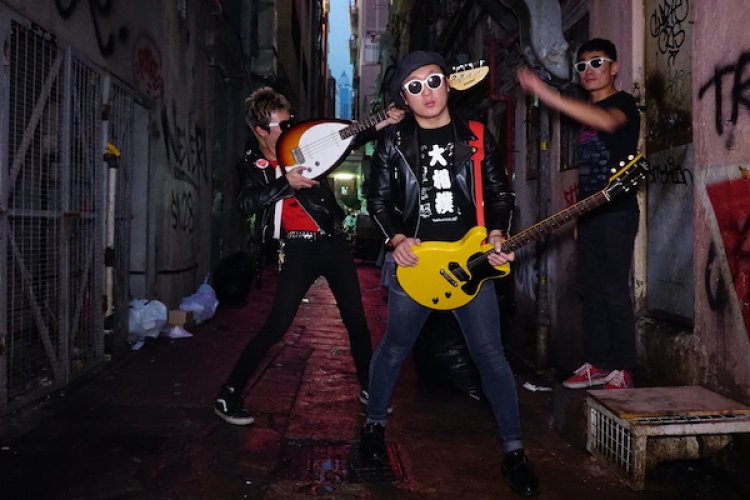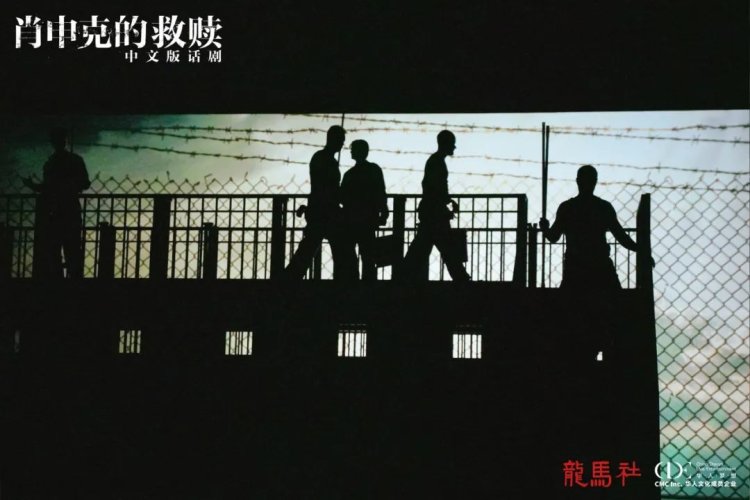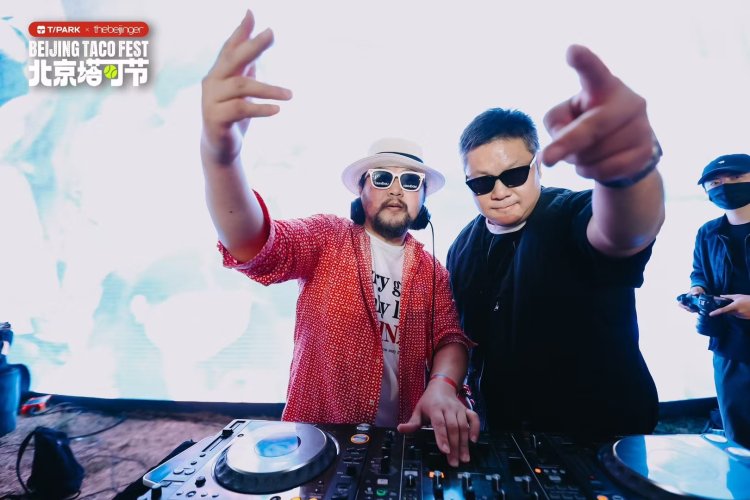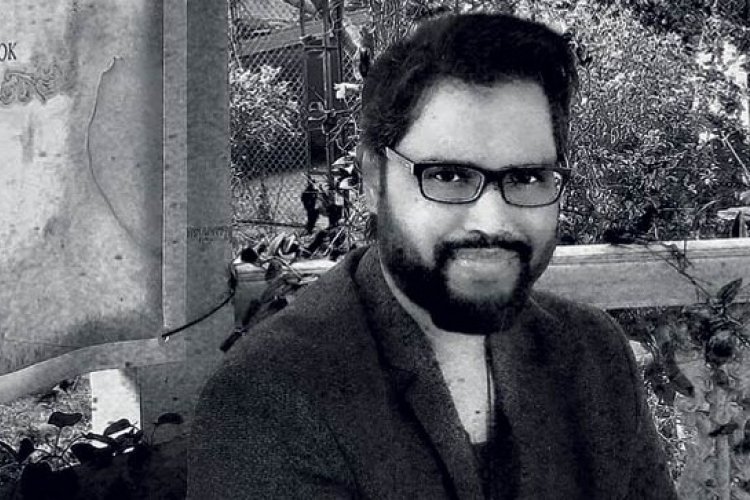Wu Force Hits on Sunday, Featuring Abigail Washburn, Wu Fei and Kai Welch
For years, banjo girl Abigail Washburn, singer/songwriter Kai Welch and Chinese singer/guzheng master Wu Fei thought about collaborating on something together. When Wu Fei was in the US, the three started combining American country tunes, traditional Chinese influences and their wild ideas. They called themselves Wu-Force, and presented their work in Beijing in the summer of last year. Washburn is currently on her "Silk Road" tour, but she'll be making a stop in Beijing this weekend, where we’ll get a chance to witness the newest creations from Wu-Force. We recently asked Wu Fei to give us a hint of what to expect.
What are you listening to now?
Mostly folk music from all around the world. Most of them are not professional musicians, some are just some street performers. The recordings are very old, too. I got these from friends who are doing music research. They are from everywhere: east Europe, India, Pakistan, Malaysia, Java Island, etc. Very precious.
What's the last thing that inspired you?
It was when I was in South Africa about a month ago. African music is well known for its beats, but it’s usually difficult to follow the rhythm, there’s no regulation. I’ve been wondering why Africans have such a good sense of rhythm. I was at the seaside on a really quiet morning, so I could hear the birds very clearly. At that moment, I suddenly realized that for thousand of years, the Africans have been imitating nature. The sound of the birds I was listening to is actually very similar to some African drum beats. It’s something that’s almost impossible to learn.
You've lived in many different cities. Where were you the most productive?
The Bay Area in California. I worked with many different musicians, modern dancers, and silent films back then. I was also very productive in New York. But I think I come out with the best work when I’m relaxed. The natural feeling is the most genuine. Audience cannot be fooled.
Does that mean you have more pressure in Beijing?
Actually no. The main purpose for me to be here is to learn – about traditional classical music. I’ve been studying Kunqu and Chaqu [different styles of Chinese opera]. It is hard to be productive here. Because most people in this industry don’t care about art. But I travel between China and the US a lot, and absorb the good influence from both sides so there’s not much pressure for me. I think all pressures come from oneself. If you don’t think it’s pressure, then it’s not.
What can readers expect from this Beijing show?
Mostly new stuff, something that people are not familiar with. And maybe some improvising. All three of us write music – it’s hard to define it.
What differentiates you from other Chinese traditional musicians?
That I play my own compositions, so there’s no limitations. There are very few classical musicians who play their own thing.
What differences have you noticed in Beijing’s music scene since you came back to China?
There are more and more independent venues to play at. You don’t have to be a part of a big organization or have a big title anymore. Even music lovers can perform if they want to. It’s a really good thing. It was absolutely impossible when I was in school. Back then, besides a few places like the Forbidden City Concert Hall, Beijing Concert Hall and Poly Theater, there was no where else to play. It’s much more diverse now.
Do you prefer independent stages or big concert halls?
It depends on what kind of music it is. If it’s my own projects, I love playing at small independent venues. The audience is closer, and the atmosphere’s very concentrated. I’ve once played on a big stage by myself and felt so isolated. I like big concert halls only when I’m playing with many other people.
Your musical background is very academic. What do you think about people who just want to pick up a guitar and become rock stars?
Haha. I think the US has taken a bad lead about this. Almost every American youngster has a rock-star dream. And the American pop culture has a lot of influence in the world. I believe there are geniuses who don’t know much about music but just know how to make people cry with their tunes. That’s extremely rare. I think they should at least learn a little about the music history and listen to a lot of music. Everyone should have dreams, of course, and there are actually very few people can persist. We should encourage them.
If you were to pick up a new instrument, what would it be?
I think I’d learn the pipe organ. The really big ones in the churches. It would be such an amazing thing to learn. But I'd need to find a place first.
What would you be if you were not a musician?
Maybe a scientist or an astronaut. I’m very interested in space science and astronomy.
Witness the newest creations of Wu-Force this Sunday at Yugong Yishan.
(The video is a clip from Abigail's "Silk Road" tour)
The brainchild of Abigail Washburn, Wu Fei and Kai Welch, Wu-Force melds the somber sounds of classical Chinese instruments like the guzheng with the twangs of Abigail’s banjo. Sunday December 11. RMB 50. 9pm. Yugong Yishan (6404 2711)
Photos: Courtesy of Wu Fei. Video: Luke Mines






